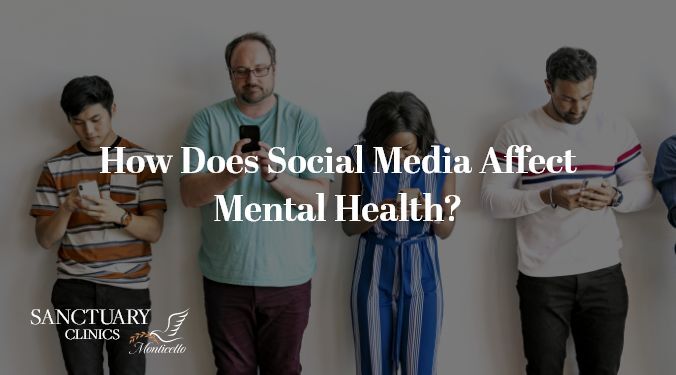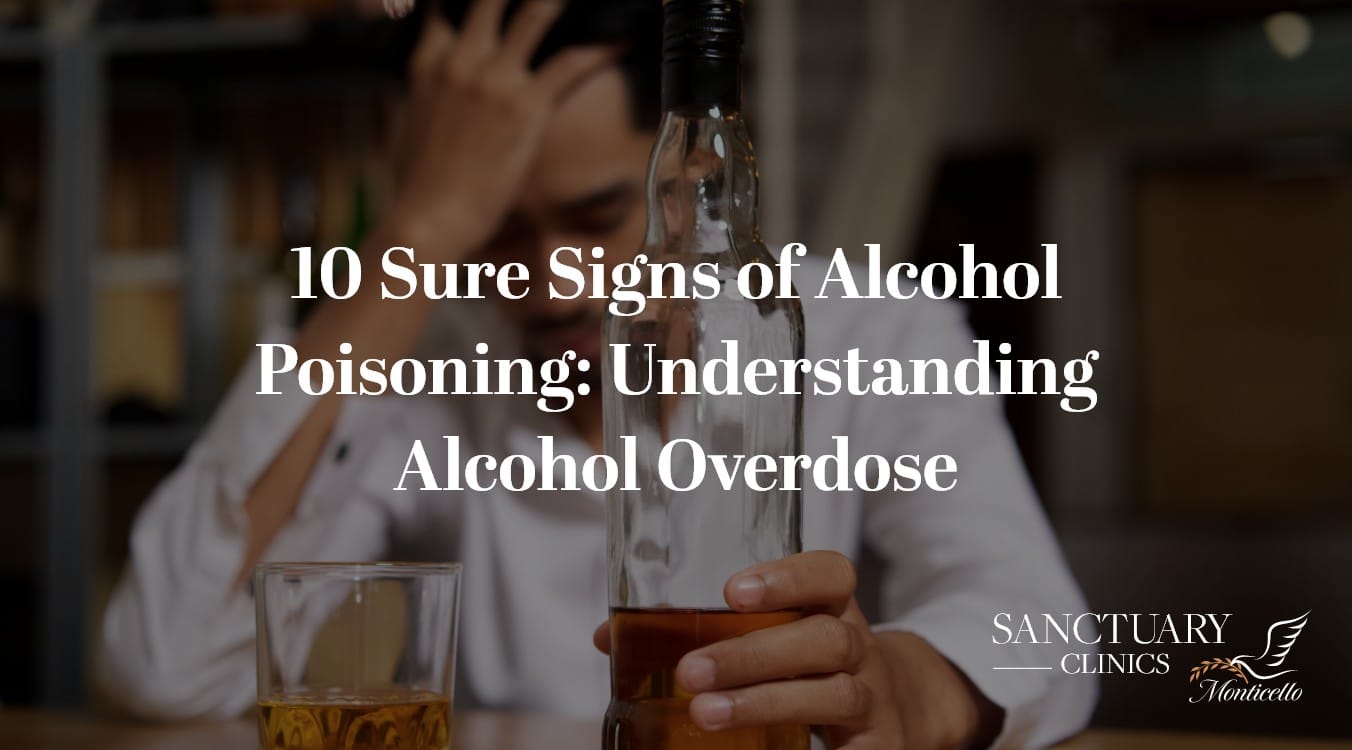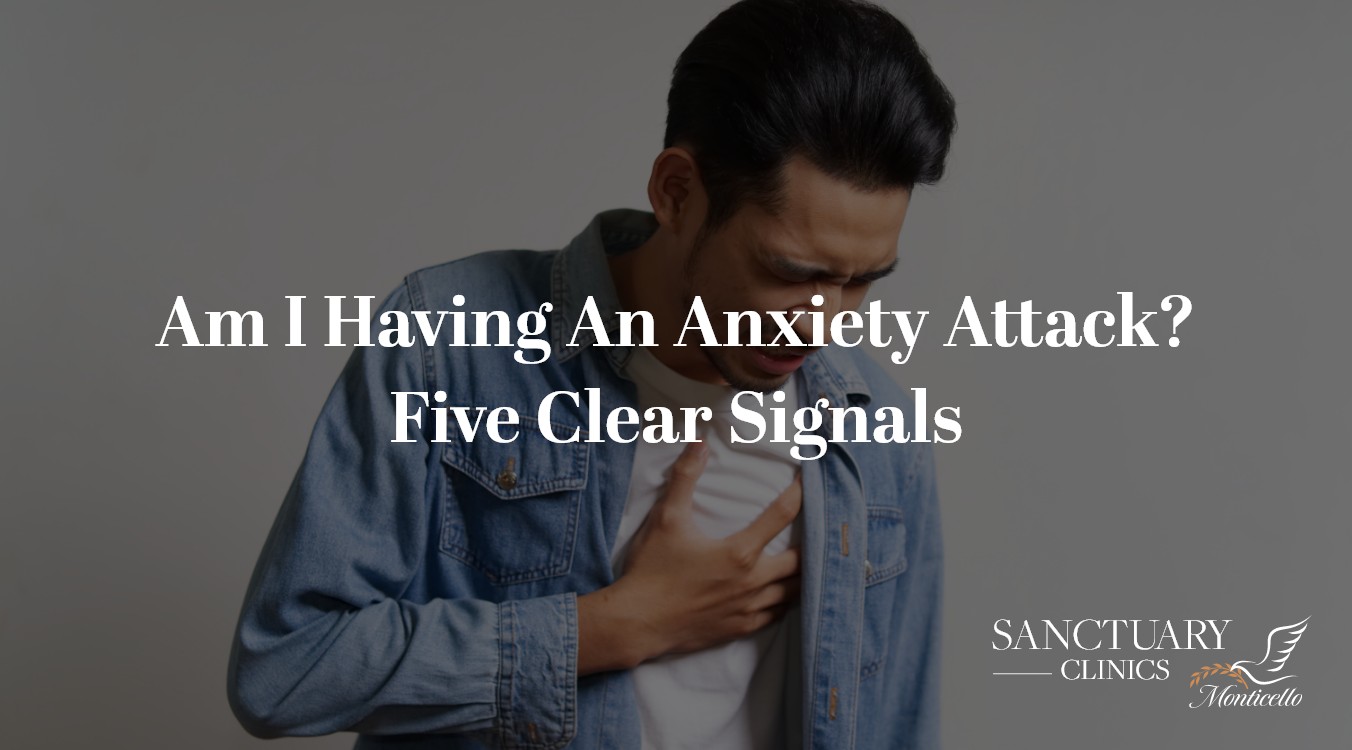Social media has become an integral part of daily life, with billions of individuals actively engaging in various platforms.
As the usage of social media continues to rise, concerns regarding its impact on mental health have also emerged.This article aims to explore the effects of social media on mental health by examining both the negative and positive aspects. We will investigate the ways in which social media is changing mental health issues, whether it exacerbates mental health problems, and how it influences mental health stability.
The impact of social media on the mental health of adults and students will be examined separately. Exploring a comprehensive understanding of the relationship between social media and mental health.
How does social media affect mental health negatively?
Social media has been found to have a detrimental impact on individuals’ mental well-being, as it has been associated with increased rates of anxiety, depression, and feelings of loneliness and inadequacy.
The negative effects of social media platforms on mental health are well-documented. One of the main reasons for this is the phenomenon of social comparison.
Social media sites often present an idealized version of people’s lives, leading to feelings of inadequacy and low self-esteem in individuals who compare themselves to others.
This constant exposure to curated and filtered images can contribute to symptoms of anxiety and depression. Excessive use of social media can lead to a decrease in face-to-face social interactions, further exacerbating feelings of loneliness.
Overall, social media’s impact on mental health conditions and mental health issues cannot be underestimated, and further research is needed to fully understand its implications.

How does social media affect mental health positively?
Online platforms have been found to contribute to the enhancement of individuals’ psychological well-being by fostering a sense of belonging and facilitating the exchange of emotional support.
One positive impact of social media on mental health is its ability to provide a platform for social interactions. It allows individuals to connect with others, build relationships, and engage in meaningful conversations.
Moreover, social media can offer a sense of community and support, especially for individuals facing mental health challenges.
By sharing experiences and seeking advice from others, individuals can find solace and understanding. Additionally, social media can promote positive body image by providing a platform for body positivity movements and diverse representations of beauty. It also offers opportunities for self-expression and creativity, which can contribute to overall mental well-being.
However, it is important to note that excessive social media usage can lead to negative effects on mental health, such as sleep disturbances, increased social anxiety, and depressive symptoms.
Maintaining a balanced and mindful approach to social media usage is crucial for maximizing its positive impact on mental health.
Get Help Today.
We are here to help you through every aspect of recovery.
Let us call you to learn more about our treatment options.
We are here to help you through every aspect of recovery. Let us call you to learn more about our treatment options.
How is social media changing mental health issues?
The impact of social media on mental health issues is undergoing significant transformation. As social media continues to evolve, so do the mental health concerns associated with it.One such concern is the rise in anxiety disorders and feelings of depression among individuals who excessively use social media platforms.
Social media addiction is becoming increasingly prevalent, with people spending excessive amounts of time on social media apps.
This excessive social media consumption has been linked to a decline in mental well-being. Rates of depression have also been found to be higher among individuals who frequently use social media.
Additionally, the constant comparison to others’ lives portrayed on social media can lead to feelings of inadequacy and lower self-esteem.
The harmful effects of social media on mental health extend to the quality of sleep, as the use of social media before bed can disrupt sleep patterns.
Overall, social media’s changing landscape is impacting mental health in various negative ways.
Does social media increase mental health issues?
One significant consequence of the pervasive presence of digital platforms is the escalation of mental health concerns.
Extensive research has shown that social media can have both positive and negative impacts on mental health. On one hand, social media provides a platform for individuals to connect with others and access support networks, which can improve mental health outcomes.
However, excessive use of social media and certain social media behaviors have been linked to negative mental health outcomes, such as increased feelings of loneliness, depression, and anxiety. The constant exposure to carefully curated social media feeds can lead to social comparison and feelings of inadequacy.
Moreover, cyberbullying and online harassment on social networking sites can significantly contribute to mental illness.
It is crucial for individuals to be mindful of their social media habits and take steps to ensure their mental well-being in this digital age.
How does social media influence mental health stability?
Social media’s influence on mental health stability can be observed through the correlation between excessive use of digital platforms and negative mental health outcomes. Numerous studies have found a strong link between social media usage and poor emotional health, anxiety, and body dissatisfaction.
For instance, a study conducted by the University of Pennsylvania revealed that participants who limited their social media use to 30 minutes a day reported significant improvements in their overall well-being and quality of life.
Excessive social media use has also been associated with poor self-esteem and an increased risk of developing psychiatric disorders.
The constant exposure to idealized images and the pressure to present a perfect online persona can contribute to feelings of inadequacy and social comparison.
The lack of face-to-face interactions with people on social media platforms can negatively impact mental health stability as it may lead to feelings of isolation and loneliness.

What is the impact of social media on mental health of Adults?
Adults’ mental well-being can be significantly impacted by their engagement with online platforms, particularly social media.
Research has shown that social media use among adults is associated with various mental health issues.
One such issue is anxiety, as adults may experience feelings of fear or worry due to the constant exposure to social media content.
Additionally, social media can negatively affect body image and self-esteem, as adults are often exposed to unrealistic beauty standards and compare themselves to others. Relationships may also be affected, as social media can lead to decreased face-to-face interactions and a lack of genuine connections.
Moreover, harmful content on social media can expose adults to traumatic experiences, further exacerbating mental health problems. It is crucial for adults to be mindful of their social media usage and take steps to protect their mental well-being.
What is the impact of social media on mental health of students?
The impact of social media on the mental well-being of students is a topic of concern, as research has shown a correlation between their online engagement and various psychological issues.
Excessive time spent on social media can adversely affect their mental health due to several reasons.
Firstly, it can lead to a decrease in physical activities, as students may spend less time engaging in outdoor activities and more time on their screens. This sedentary lifestyle can contribute to negative health outcomes.
Secondly, social media platforms can create a sense of connection, but this connection may not be as meaningful or fulfilling as face-to-face interactions. This lack of genuine connection can result in feelings of loneliness and isolation. Additionally, the effects of social media on self-esteem are also significant.
Get Help Today.
We are here to help you through every aspect of recovery.
Let us call you to learn more about our treatment options.
We are here to help you through every aspect of recovery. Let us call you to learn more about our treatment options.








